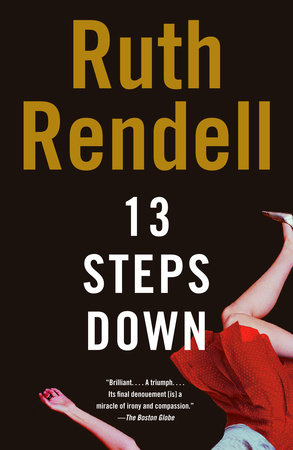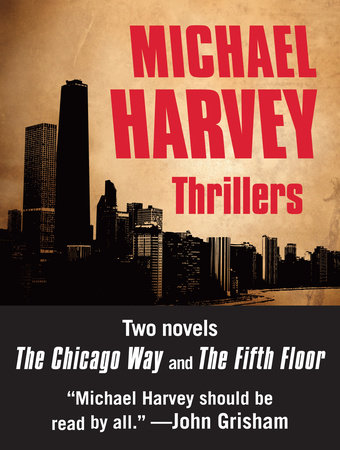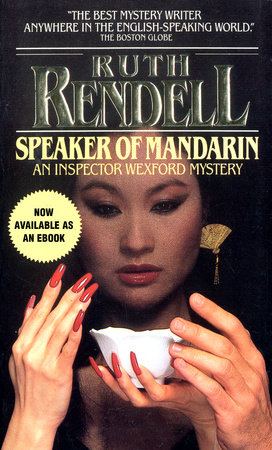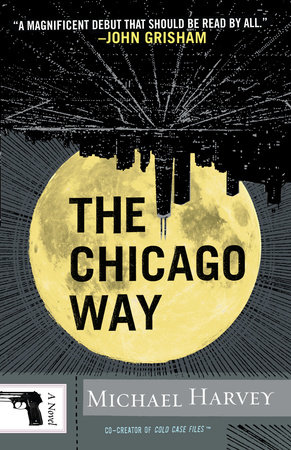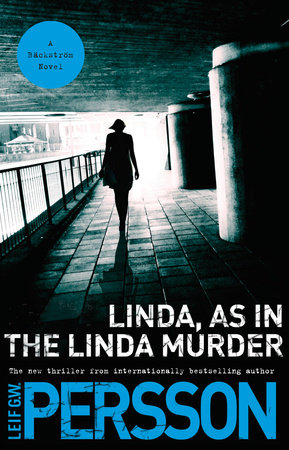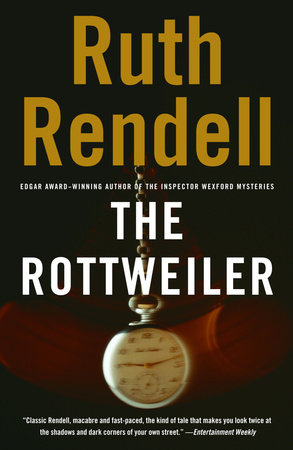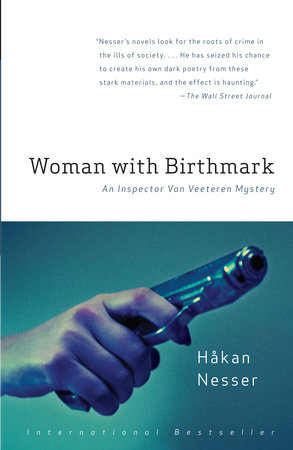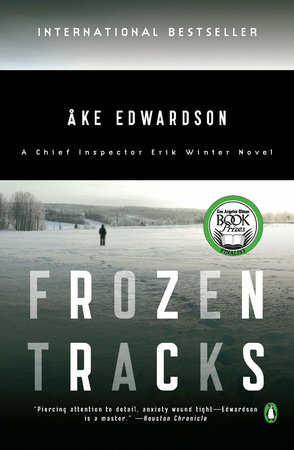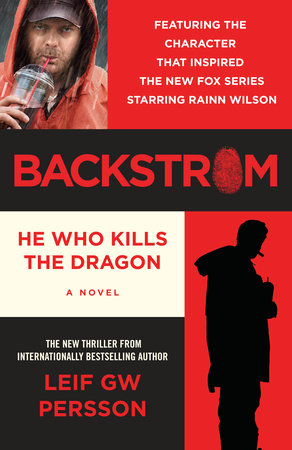

Book 9 of 17: Inspector Wexford
Book 9 of 17: Inspector Wexford
Shake Hands Forever
By Ruth Rendell
By Ruth Rendell

-
$17.00
Published on Jul 11, 2000 | 192 Pages



Published on Jul 11, 2000 | 192 Pages
Author
Ruth Rendell
Ruth Rendell is the author of Road Rage, The Keys to the Street, Bloodlines, Simisola, and The Crocodile Bird. She is the winner of the Mystery Writers of America Grand Master Award. She is also the recipient of three Edgars from the Mystery Writers of America and four Gold Daggers from Great Britain’s Crime Writers Association. In 1997, she was named a life peer in the House of Lords. Rendell also writes mysteries under the name of Barbara Vine, of which A Dark-Adapted Eye is the most famous. She lives in England.
Learn More about Ruth Rendell